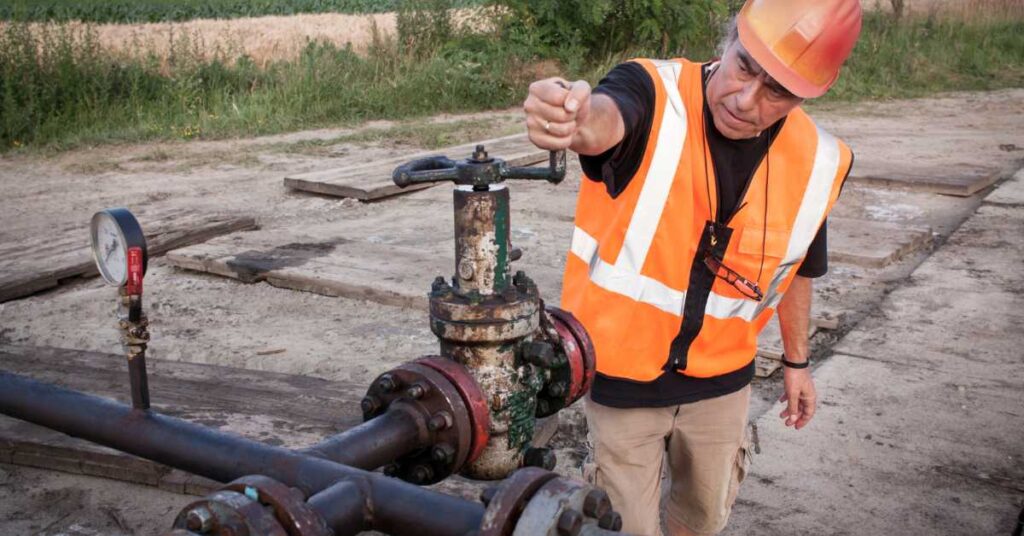Signs of Employer Retaliation After an Oil Field Injury

Oil field injuries on the job are relatively common. Filing a workers’ compensation claim can help lessen the impact, but not every employer will treat you fairly afterward.
Employer retaliation in oil field injury cases can leave you facing unexpected hurdles or even without a job. There are actions you can take, however, to fight back against workplace retaliation. Understand the signs of employer retaliation, and partner with an attorney to defend your rights.
What is Employer Retaliation?
Employer retaliation is any action taken against an employee who took advantage of their legally protected rights. For example, say you filed a workers’ compensation claim because you sustained injuries on the job. If your employer cut your hours, terminated your position, or harassed you afterward, that could be employer retaliation.
Employers may retaliate against workers for any number of reasons. In the case of workers’ compensation, it could be because filing a claim causes their insurance premiums to rise.
Signs of Workplace Retaliation
Some signs of workplace retaliation are relatively obvious — for example, losing your job immediately after you filed a workers’ comp claim for work-related injuries. Other signs may not be quite as apparent.
Employer retaliation may take the following forms:
- Writing negative performance reviews
- Passing you over for a promotion
- Reducing pay
- Transferring you to a different location
- Speaking negatively about you to other employees
- Reducing your hours
Proving retaliation can be challenging, so you’ll want to document any changes in your employer’s or coworkers’ behavior and when they occurred.
In addition, you’ll want to take note of statements discouraging you from filing a claim. These statements can help your case should you need to pursue legal action.
For example, say you sustained injury due to equipment malfunction on an oil rig. You want to file a claim, but your employer suggests that reporting the injury might reflect badly on the company and encourages you to pay through your insurance instead. You file anyway, and you notice your employer starts talking about you negatively. In this case, you could use their previous statements as evidence for a workplace retaliation case.
Remember, you have a right to request workers’ compensation should you sustain injuries on the job. If any employer suggests otherwise, consider reaching out to an attorney to request advice.
What to Do if You’re Facing Workplace Retaliation
Employer retaliation in oil field injury cases can be frustrating to deal with. If you suspect it, reach out to your human resources department and express your concerns. Bring evidence with you, and don’t be afraid to ask questions. Sometimes, what seems to be retaliation may be caused by other circumstances.
If the company does not provide a reasonable explanation, it may be beneficial to pursue legal action. Contact an attorney and explain your situation. They can examine the details and determine if you have a solid case. From there, they’ll help you gather evidence, then pursue legal action against your employer.
Reach Out to an Attorney and Request a Case Evaluation
Your employer is responsible for maintaining workplace safety. If you’re injured while on the job, you’re entitled to compensation. Unfortunately, some employers retaliate in unexpected ways.
Employer retaliation in oil field injury cases can be a legitimate concern after filing a claim. If you believe you’re dealing with this situation, reach out to an attorney from Fadduol, Cluff, Hardy & Conaway, P.C. We have years of experience working with those who have been injured in oil field accidents, and we can help you navigate the intricacies of your situation. Call 800-433-2408 or fill out our contact form to speak to a lawyer and request a case review.
